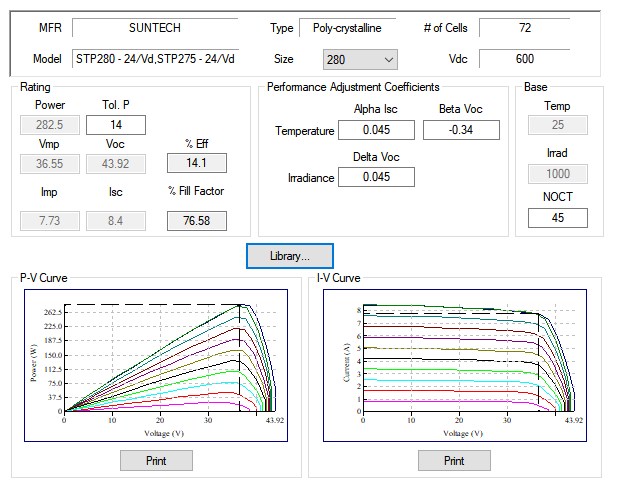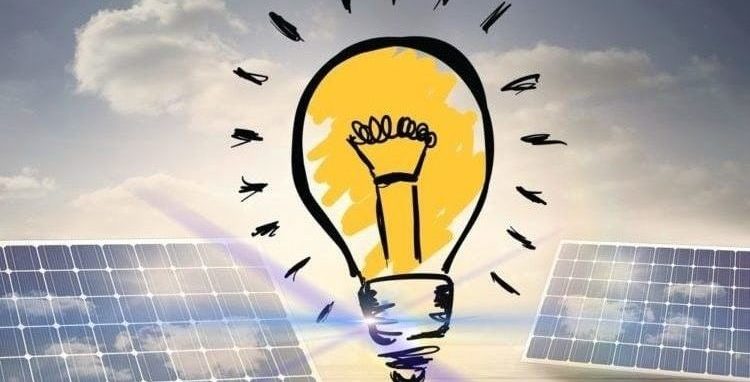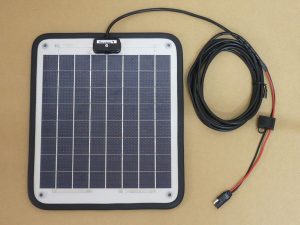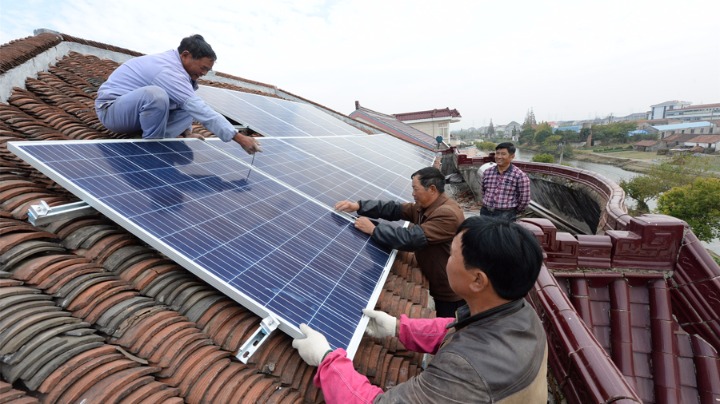10 watt 18 volt solar panel charging a 12v 10 amp hour lead acid battery 120 wh from 50 full to full time 60wh x 2 10 watts 12 hours.
Peek charging time solar panel per state.
Voltages and specific gravity are listed for a 6 volt or 12 volt battery and battery banks of 24 and 48 volts.
Just as in the chart above peak sun hours are.
If you know the average daily peak sun hours for your location you can calculate the kwh your solar panels will make on a daily monthly and yearly basis.
Using a yearly average there are 5 38 daily peak sun hours across the state of california.
How much energy does a solar panel produce.
For the prospective homeowner considering solar the next step is to review our.
Solar pcu is a device through which you can directly connect your solar panel and your battery charging will start without any solar charge controller because it has a inbuild charge controller.
The low angle of the sun at sunrise and sunset means that the atmosphere filters the sunlight more and results in less energy being delivered to the earth s surface.
Each peak sun hour is defined as one hour when the intensity of sunlight solar irradiance reaches an average of 1 000 watts of energy per square meter roughly 10 5 feet.
Three tips for solar shoppers 1.
When deciding to switch to solar you ll want to know how many peak sun hours you typically get in your geographic area to give you an accurate estimate of the production of your system.
When planning and trying to understand what impact solar panels can have on your electricity bill it helps to use an average number.
A peak sun hour is the equivalent of the sun shining at an intensity for 1 000 kw per square meter for one hour expressed as 1 kwh m.
The chart is listed below.
This number is calculated for a fixed solar panel.
How much sunlight intensity you get in your state or even the given sun hours per day by zip code can make a dramatic difference and directly.
And if you want to continue with your existing inverter then you can buy smarten 24v 50amp.
But first a few important notes and caveats.
In a state with strong peak sunlight a panel with lower efficiency will likely do the trick.
Environmental factors will likely increase charge time.
For the sake of example if you are getting 5 hours of direct sunlight per day in a sunny state like california you can calculate your solar panel output this way.
Putting it all together.
Average peak sun hours vary greatly across the country.
Peak solar radiation occurs at solar noon when the sun is highest in the sky.
Summer months and locations farther south will generally see more peak sun hours than wintry times and areas farther north.
I put together the following battery state of charge chart which indicates the state of charge percent as it relates to battery voltage or specific gravity.
Some quick rules for estimation.
By comparison states with fewer peak sunlight hours can be just as ideal for solar panels but will require more efficient solar equipment.




























